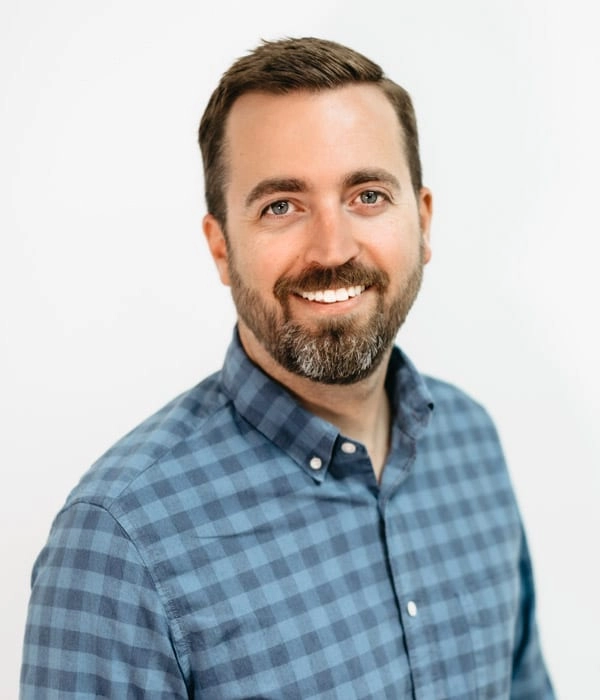Starting a business is easy. Growing one, not so much.
When Parkway began, we were small. The day-to-day was filled with creative work, whether for existing clients or coming up with new ways to reach new ones. There was time to brainstorm and slowly build new things to present to the world. It was exciting.
I thrive in that setting, but when it comes to planning… it’s not my strong suit. As an entrepreneur, I prefer to focus on the bigger picture, which is essentially a diplomatic way of saying that I struggle with organization. When you’re small, you have that luxury. You are responsible for yourself, your clients and not much else.
As Parkway grew, so did our team. Our internal infrastructure grew with the new employees. Our first handbook was created around hire number two; standard operating procedures started around hire number six. I was fortunate to hire amazing people who loved the idea of growing something and took on a lot of the responsibility of initiating those policies and workflows.
But in 2021, something happened. Core members of the team started to leave for other opportunities—something I hadn’t anticipated. I obviously understood not everyone would retire at Parkway, but I didn’t think it would be this many or so close to one another.
Over an eight-month span, we lost three team members who had been with the company for between two and six years. At the time, the business was only seven years old; these people had helped shape Parkway. Roles and responsibilities weren’t assigned, they were adopted. We built those positions and responsibilities around each person’s strengths and interests. Dropping a new person into the vacant positions was like trying to fit a square peg into a round hole.
Rebuilding a team (especially one as close-knit as ours) while in growth mode was far more difficult than I had ever anticipated. The increased workload of 2020 hadn’t slowed down much and we had lost some of our most experienced team members. Hiring was almost constant for over a year, and it was draining. The sifting through resumes and interviews were constant, and I didn’t prioritize the time needed to onboard new hires the way I should have.
Parkway brought on some great people that just didn’t work out, I think in part because of me.
We had just come off our best two years in business, but by the end of 2022, the vast majority of the team was new. We were scrambling to create the systems and policies necessary for a growing company and I wasn’t equipped to be able to manage that effectively. Needless to say, I made all sorts of mistakes.
I had a hard time communicating my expectations effectively, creating confusion and frustration. I incorporated time-tracking policies that were too heavy-handed, which incentivized busy work and lowered productivity. There were so many times that I just had no idea how to remedy an issue. It was frustrating to have built a successful company but still struggle so much on the day-to-day.
Luckily, I was able to (eventually) see almost every negative experience over the last two years as a learning opportunity. And this yielded some really positive results.
We’ve now got an internal infrastructure that can grow with Parkway. We built automated workflows for everything from website projects to one-off requests that keep everyone informed and accountable. We have client and employee handbooks, a library of SOPs, a centralized CRM and regular ongoing education. All these examples do what I failed to do previously: provide the team with the structure and tools they needed to do their jobs to the best of their ability.
Running a business is a challenge sometimes. That is part of why I love it so much. Things will go sideways, but with every challenge comes an opportunity for growth. If you have the ability to look at negative experiences objectively and a supportive team around you, the challenges better prepare you for the future.
And Parkway’s future is one I’m very excited about.
